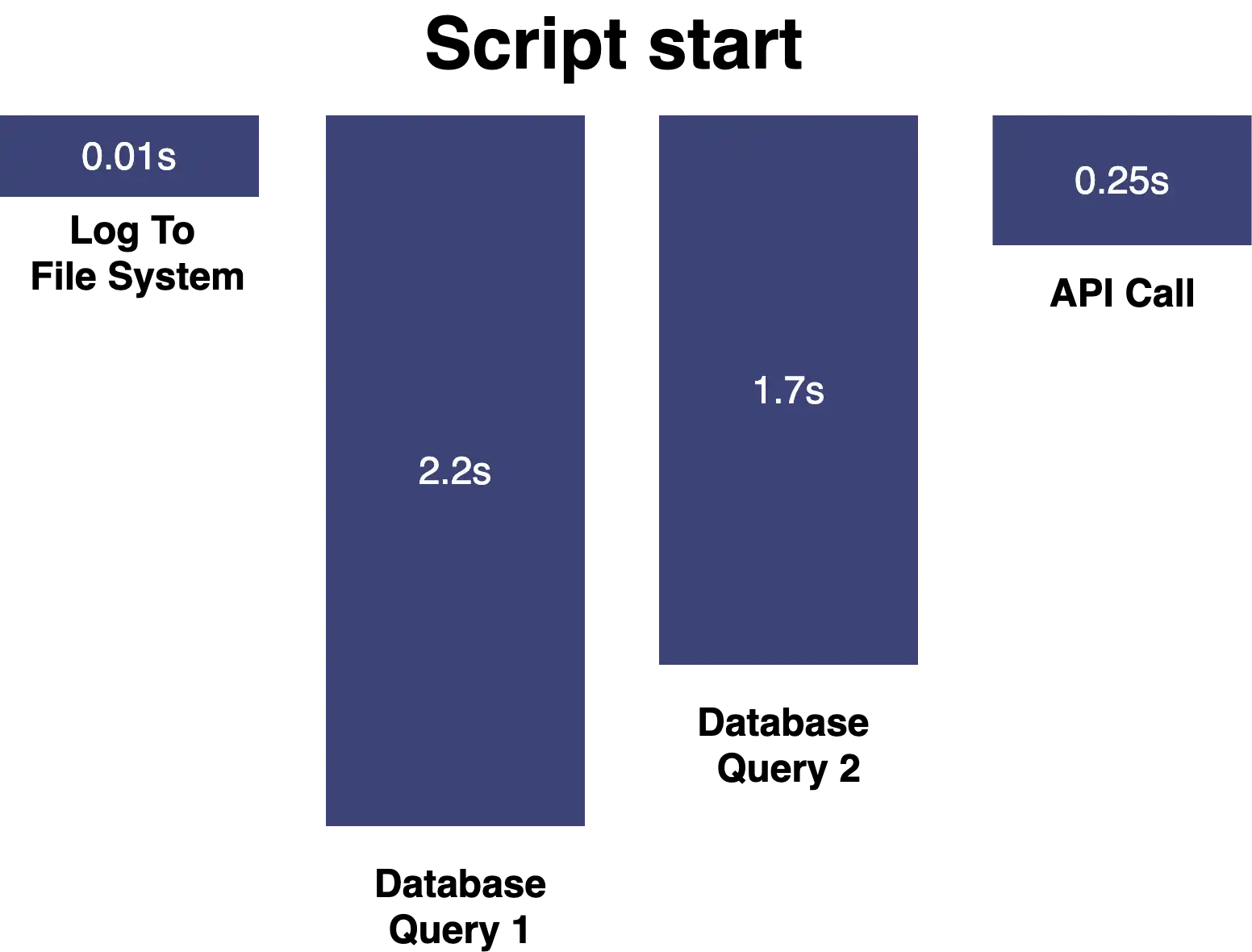PHP 8.1 brings never return type and enums, but the most anticipated feature is Fibers [^1].
Fibers is the PHP solution to asynchronous code execution.
PHP had asynchronous code execution support previously through third-party extension like Swoole [^2], which can be installed with PECL or compiled from the source.
Libraries such as ReactPHP, AMPHP and Spatie Async uses PHP processes to simulate asynchronous code executions.
The issue with utilising the process is that it is not scalable as it would spawn multiple processes every time running the code.
Fibers will be different to asynchronous code in Node.js, where we have to specify if we are running an asynchronous function.
Node.js a function is defined as asynchronous and uses asynchronous equivalent functions or expect unexpected behaviour.
Using Fibers, we will not need to define if the proceeding function will contain asynchronous code.
PHP source developers are not going to start adding asynchronous equivalent functions to the PHP native library.
Fibers will allow the developer to build their asynchronous solution.
Fibers is already available for use, so developers in preparation already have libraries ready to support Fibers when PHP 8.1 releases later this year.
The developer who put PHP Fibers RFC forward is the maintainer of AMPHP [^3].
He has his libraries already supporting PHP Fibers.
PHP 8.1 is not released yet, build Fibers extension from the source code and installed it in the testing environment for this practice.
The following code snippet is showing asynchronous PHP code.
Created the promise functions and collecting them in an array.
Executing promise array by running the await function.
$searchApiCall = static function () use ($client): string {
$request = new Request('https://google.com', 'GET');
$response = $client->request($request);
return $response->getBody()->buffer();
};
$promises[] = async($searchTable1);
$promises[] = async($searchTable2);
$promises[] = async($searchApiCall);
$promises[] = async($logSearchApiCall);
[$dbResult1, $dbResult2, $searchApiResult] = await($promises);
These functions execute at the same time.
When PHP finishes waiting for all promise logic, it then proceeds to the next line of code.
The total time would be of the promise function that took the longest to finish.
In this scenario, the database operation took the longest while the other operations ran simultaneously and finished earlier.
In synchronous code, when a function requires external library/data to process, such as reading/writing files, database reads/writes, and HTTP requests, the PHP has to wait until it finishes each individual logic before proceeding.
$dbResults1 = $this->getSearchResultsTable1($db);
$dbResults2 = $this->getSearchResultsTable2($db);
$searchApiResult = $this->getSearchApiResult($externalSearchApi);
$logger->logSearchApiCall();
PHP is waiting for each function to finish before starting the next line of code.
For this reason, it means some logic is waiting while it could have finished much earlier.
The total time taken to run these lines would be the accumulation of each function.
PHP 8.1 Fiber will be massive for developers who chose Node.js for its asynchronous performance benefits over PHP.
PHP is a great backend logic that has matured massively with its latest versions.
Resources
What Color is Your Function? - Link
[^1]: PHP Fibers RFC - Link
[^2]: Swoole - Link
[^3]: AMP - Link

